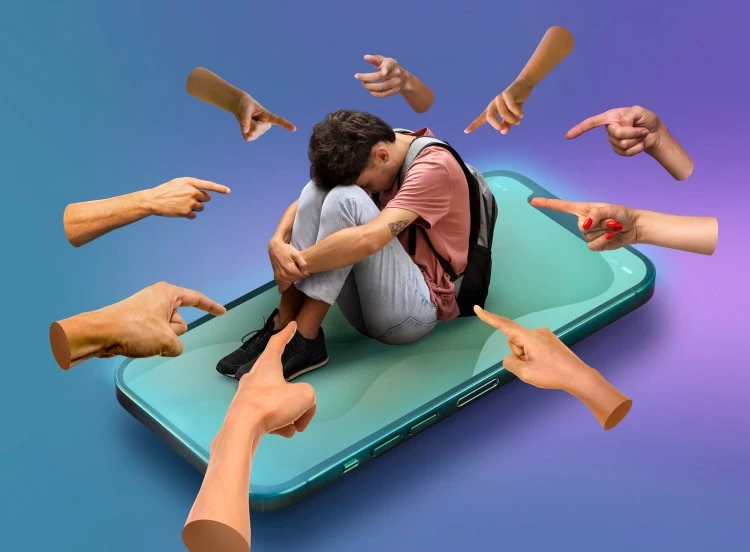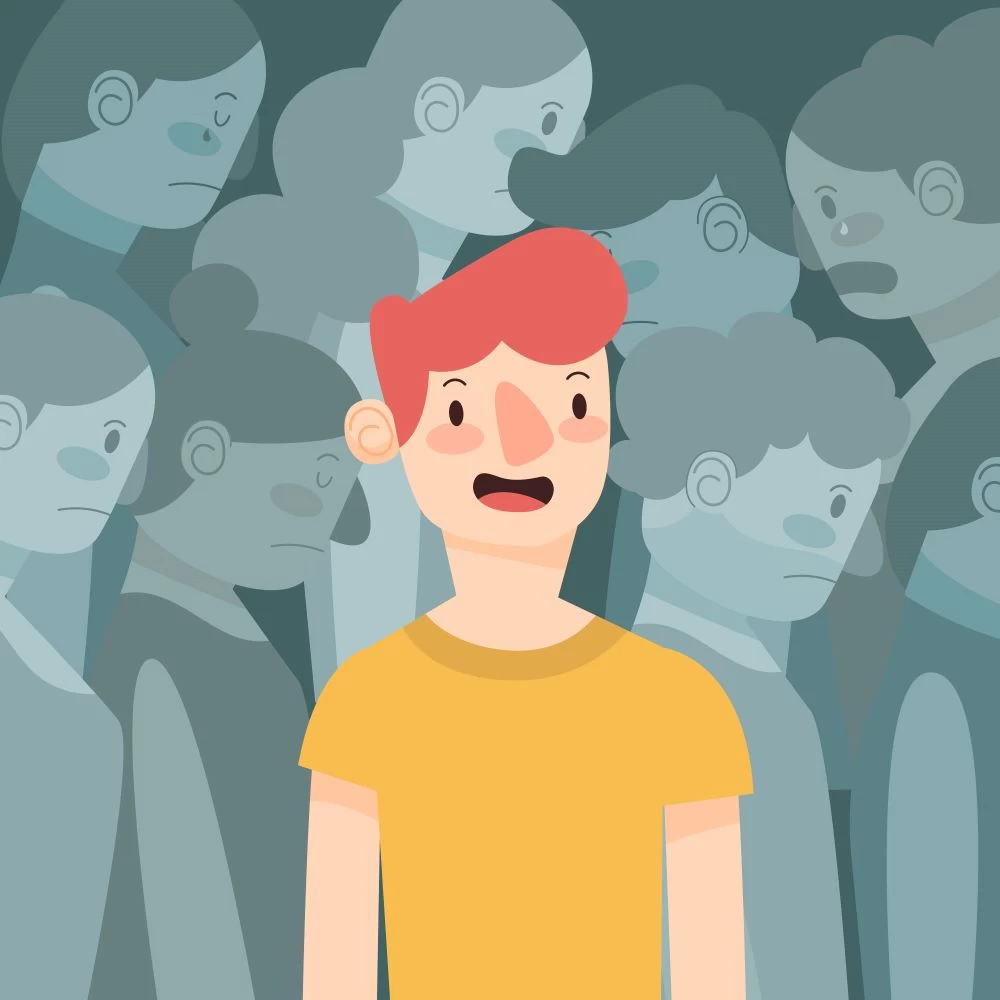
The Source of Hidden Fears: Social Phobia
- The Source of Hidden Fears: Social Phobia
- What is Social Phobia?
- What Are the Challenges of Social Phobia?
- When Does Social Phobia Begin to Appear?
- What Are the Factors Leading to Social Phobia?
- What Are the Negative Effects of Social Phobia?
- What Are the Treatment Methods for Social Phobia?
What is Social Phobia?
Social phobia is an anxiety disorder caused by the fear of being negatively judged and humiliated in social situations involving interaction with others.
What Are the Challenges of Social Phobia?
It can manifest in mild forms, such as speaking in front of a group or meeting someone in a higher position, as well as in more severe forms, such as shopping, asking for directions, using public restrooms, talking on the phone in the presence of others, or eating out. These severe forms can appear in almost every social interaction.
When Does Social Phobia Begin to Appear?
It often starts in childhood or adolescence. Despite a desire to enter social environments, individuals may exhibit avoidance behaviors because they do not feel comfortable. This can lead to social isolation and being perceived by others as shy, quiet, calm, and distant.

What Are the Factors Leading to Social Phobia?
Genetic factors, as well as risk factors such as being bullied in childhood or being raised by controlling and oppressive parents, can contribute to the development of social phobia. The concern that their anxiety symptoms will be noticed by others increases stress hormones, exacerbating symptoms (such as blushing, sweating, trembling), creating a self-fulfilling prophecy.
What Are the Negative Effects of Social Phobia?
Individuals with social phobia find their worries exaggerated and irrational but cannot overcome them. The avoidance behaviors due to their anxiety negatively impact their quality of life. This anxiety and avoidance can make it difficult to finish school, find a job through interviews, make friends, and establish romantic relationships.
Meeting new people, being in a setting with unfamiliar individuals, being introduced to others, being the center of attention, being talked about, addressing a group, joining a crowded environment late, performing tasks while being watched, eating out, announcing their stop on public transportation, and making phone calls in crowded places all increase their anxiety. Even the anticipation of such situations can heighten their anxiety.
What Are the Treatment Methods for Social Phobia?
Psychotherapy is highly effective in treating social phobia. In psychotherapy, the goal is for the individual to recognize and change negative thoughts about themselves. Hierarchical lists of anxiety-inducing situations can be prepared, and gradual exposure and confrontation therapy can be used. Participating in role-playing training can also be beneficial.
Gaining comfort and confidence in social environments can be achieved through skill-building and role-playing training. Exposure to social situations is particularly useful for challenging anxieties. Antidepressants, anxiolytics, and beta-blockers can be used to control the physical symptoms of anxiety in treatment.

Spc. Dr. Tuba Öğer
Psychiatry Specialist





